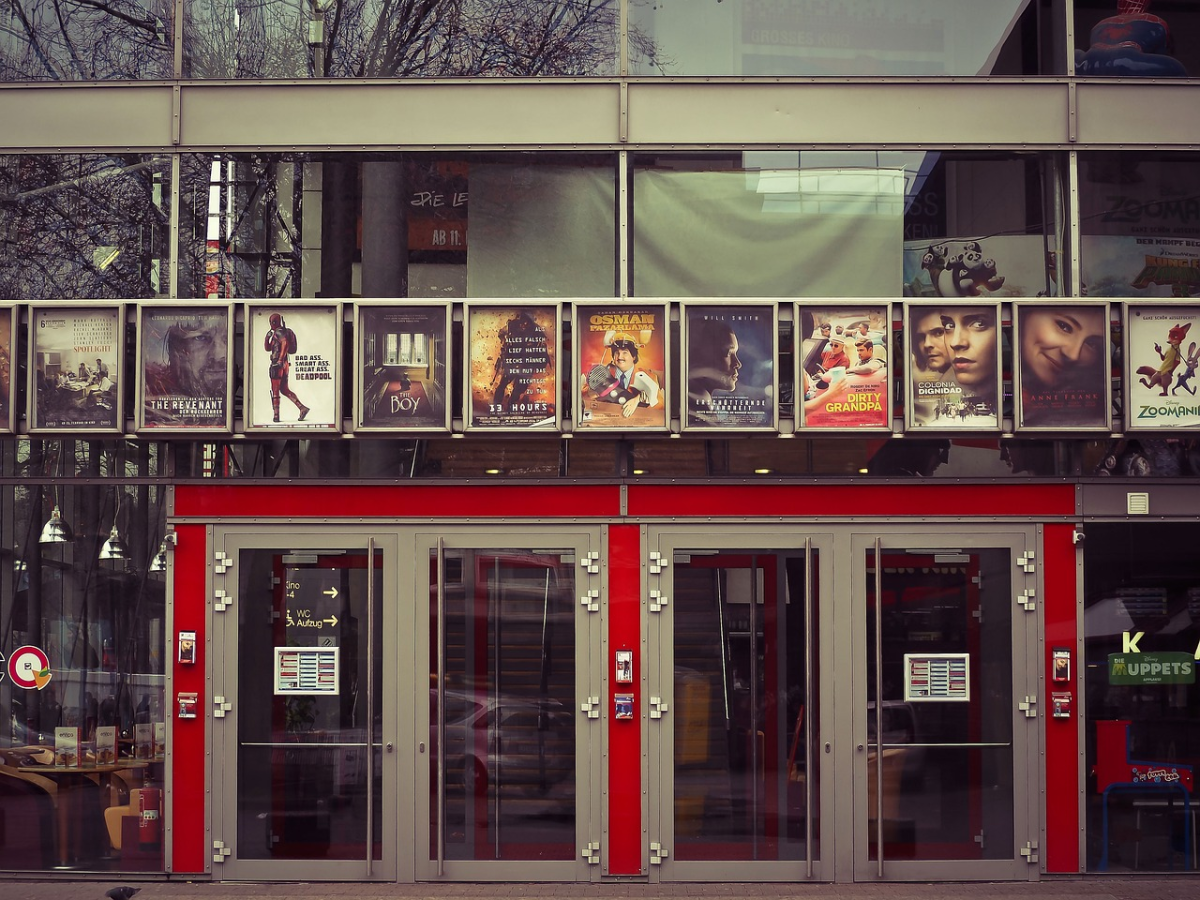I don’t care how much a movie made, nor do I really care how much it was made for. I care about how good it is and honestly, everyone else should too.
Somewhere along the way we, or the industry, for that matter have collectively decided that a movie’s financial success is the ultimate measure of its artistic value.
Every time a new blockbuster drops, the conversation immediately shifts to opening weekend numbers, global box office totals, and whether it beat or overtook some other franchise’s earnings.
Did you enjoy the movie? Doesn’t matter.
What really matters is that it made half a billion dollars worldwide, because clearly, the ability of a film to make an absurd amount of money is what makes it worth talking about.
There’s a wrinkle to this as well.
Movies that don’t perform “well” in relation to their budget often get pushed to streaming much faster, where they are sent to live in media limbo with movies and shows that no one will ever watch. Seriously, why is “Furiosa,” a fantastic action movie with amazing performances, right next to Kevin Costner’s boring slogfest of a western, “Horizon: An American Saga”?
This idea came to fruition when various outlets published pieces on Bong Joon Ho’s recent effort, “Mickey 17,” calling it a “flop” and commenting on how much money it’s going to lose for its studio, Warner Bros. Look, Warner Bros. has put out absolute classics, and some of my favorite films in history—like “The Dark Knight,” “Seven” and “Her”—were products of them. But I really do not care how much money a company worth nearly $30 billion lost after making a film.
Art should not exist solely to generate profit nor should there be as large of a discussion about that as there currently is. Sure, money is absolutely necessary to fund filmmaking, but the obsession with box office numbers warps the way we perceive cinema as a culture especially in online discourse. Not every movie needs to be a billion-dollar franchise juggernaut to be worth watching or even do great at the box office for that matter.
Some of the greatest films ever made were financial failures, yet their impact on storytelling, culture, and filmmaking is undeniable, case in point, look at “Donnie Darko”, “The Thing” and “The Big Lebowski” as great examples.
Calling Bong Joon Ho’s recent film, “Mickey 17,” a flop and mentioning how much it has lost its studio is just funny honestly. His films, which oftentimes serve as critiques of the greater broader profit motive, have repeatedly shown that storytelling should take precedence over spectacle. His films are meticulously crafted, filled with depth, nuance, and social commentary—qualities that can’t be measured in dollars and cents, and that’s what gets to me the most.
The general fixation that is rampant on apps like X (formerly Twitter), Instagram and Reddit on profit over artistry is why so many films feel like soulless cash grabs. Studios are reluctant to greenlight midbudget, original stories because they aren’t guaranteed money printers. Instead, we get an endless slop of sequels, reboots and cinematic universes designed to maximize return on investment rather than push creative boundaries.
There is hope however.
Just this past month, Sean Baker’s “Anora”, took home Best Picture at the Oscars, a film made for around $6 million and accumulated $50 million worldwide. In his acceptance speech Baker echoed the same sentiments so many of us are feeling by saying, “This is my battle cry, filmmakers, keep making films for the big screen. I know I will.” Baker, a lover of the cinematic experience furthered this point as well by saying, “Movie theaters, especially independently-owned theaters, are struggling, and it’s up to us to support them. During the pandemic, we lost nearly 1,000 screens in the US. And we continue to lose them regularly. If we don’t reverse this trend, we’ll be losing a vital part of our culture.”
Cinema is meant to challenge, inspire, and move people. It’s not just about how much it earns in its opening weekend but about how long it stays with you afterward. Can we start talking more about how films make us feel rather than how much they make at the box office?



